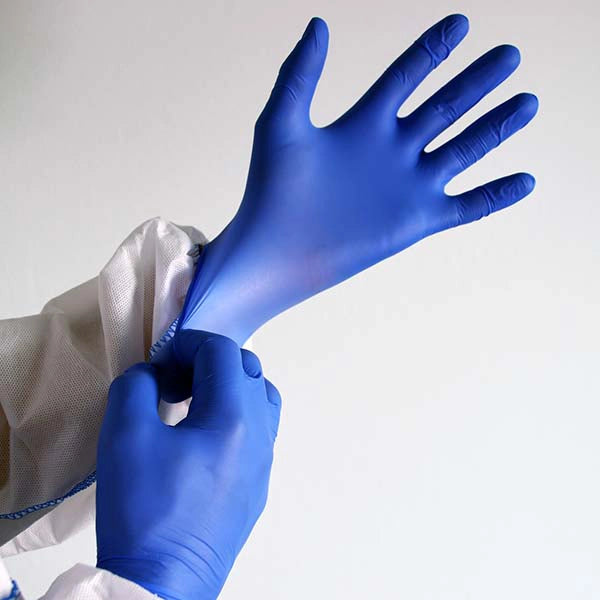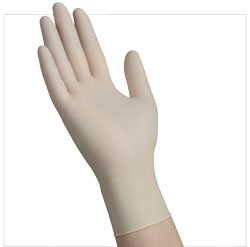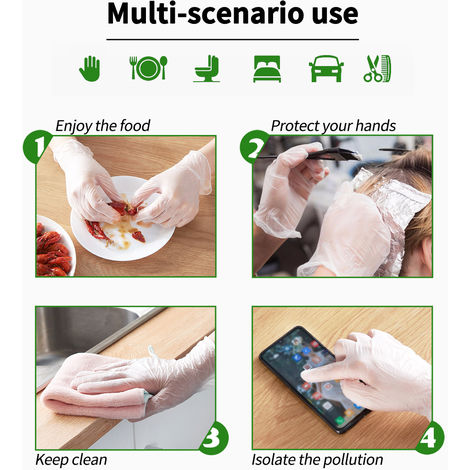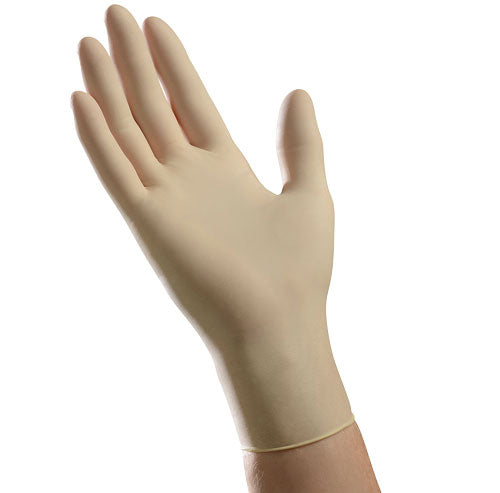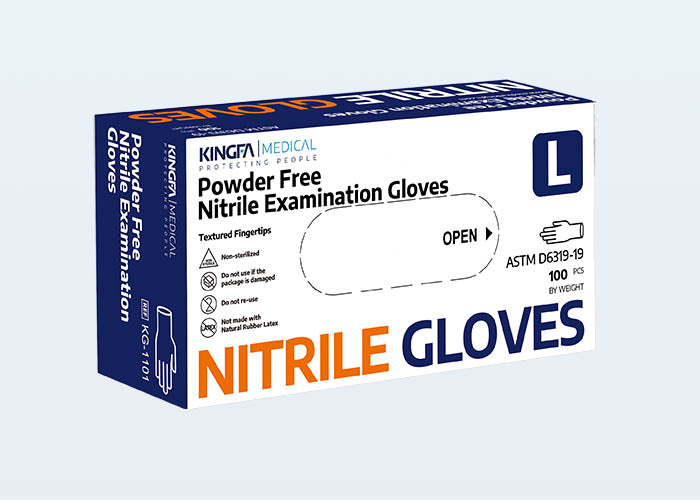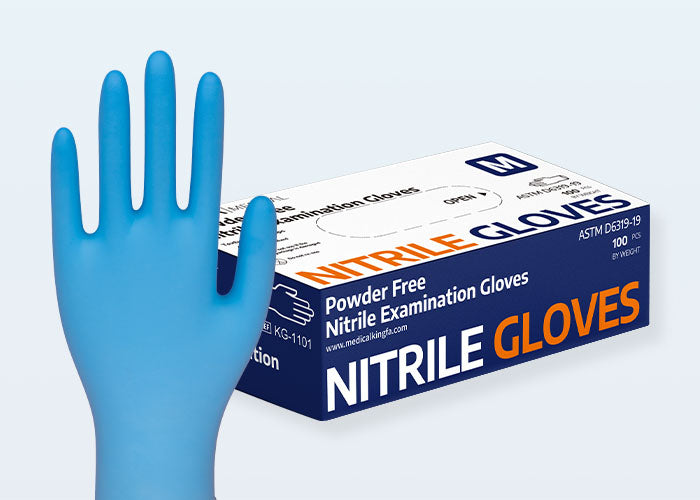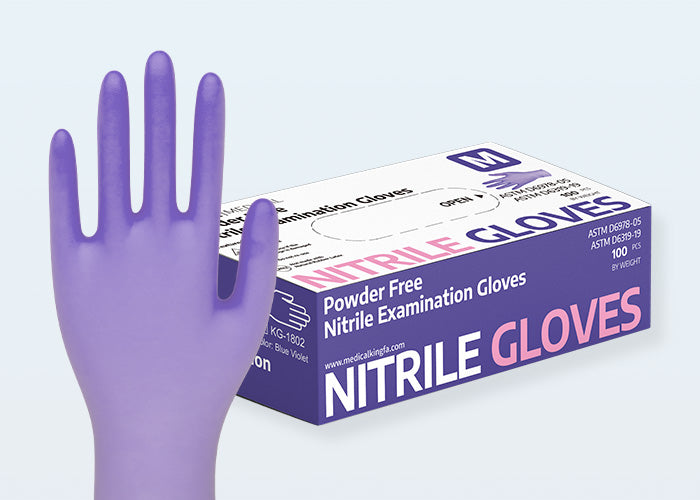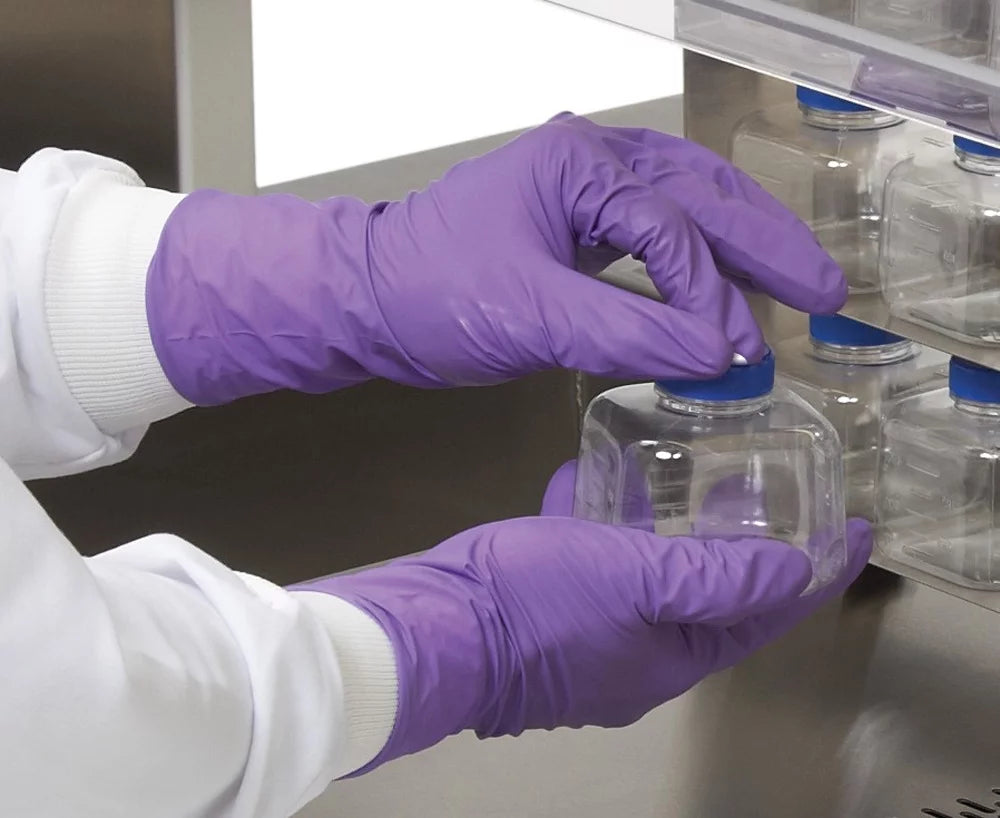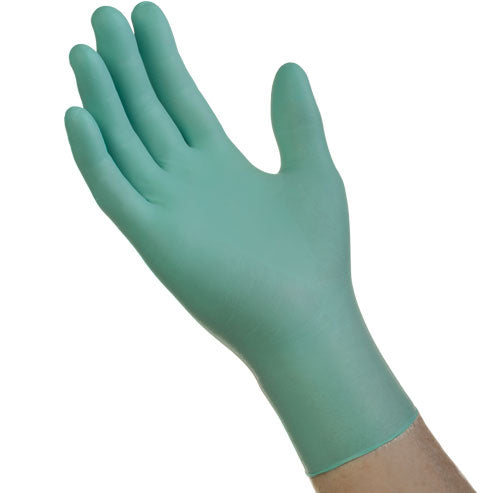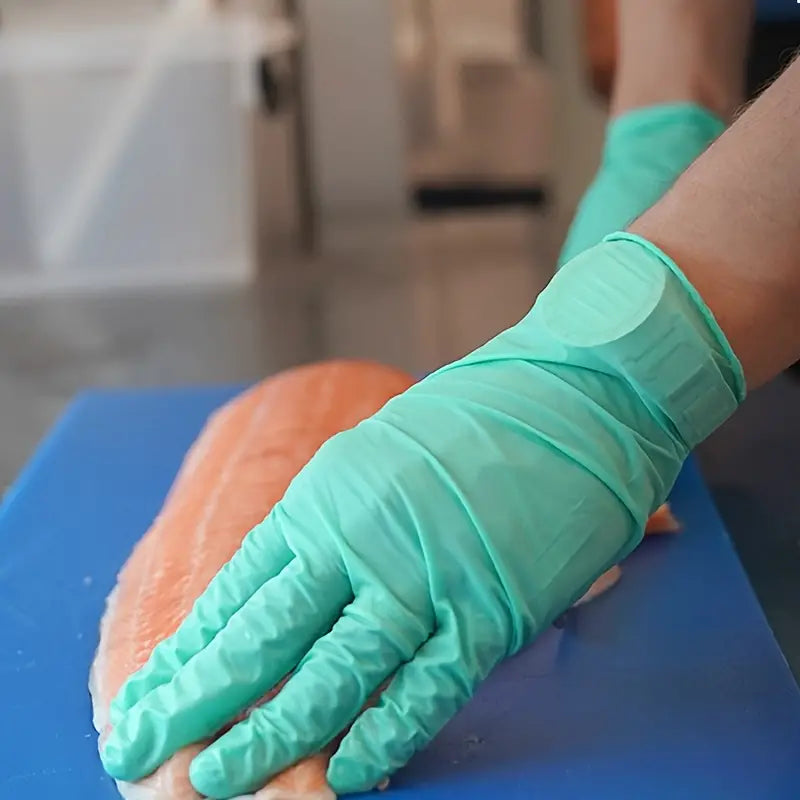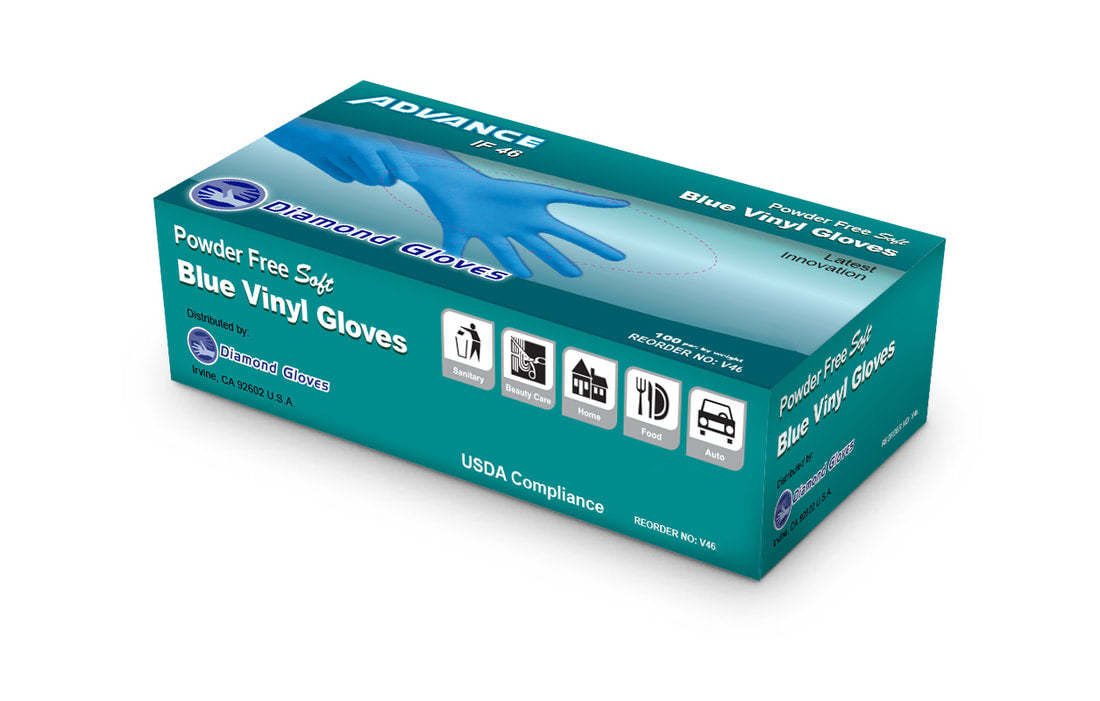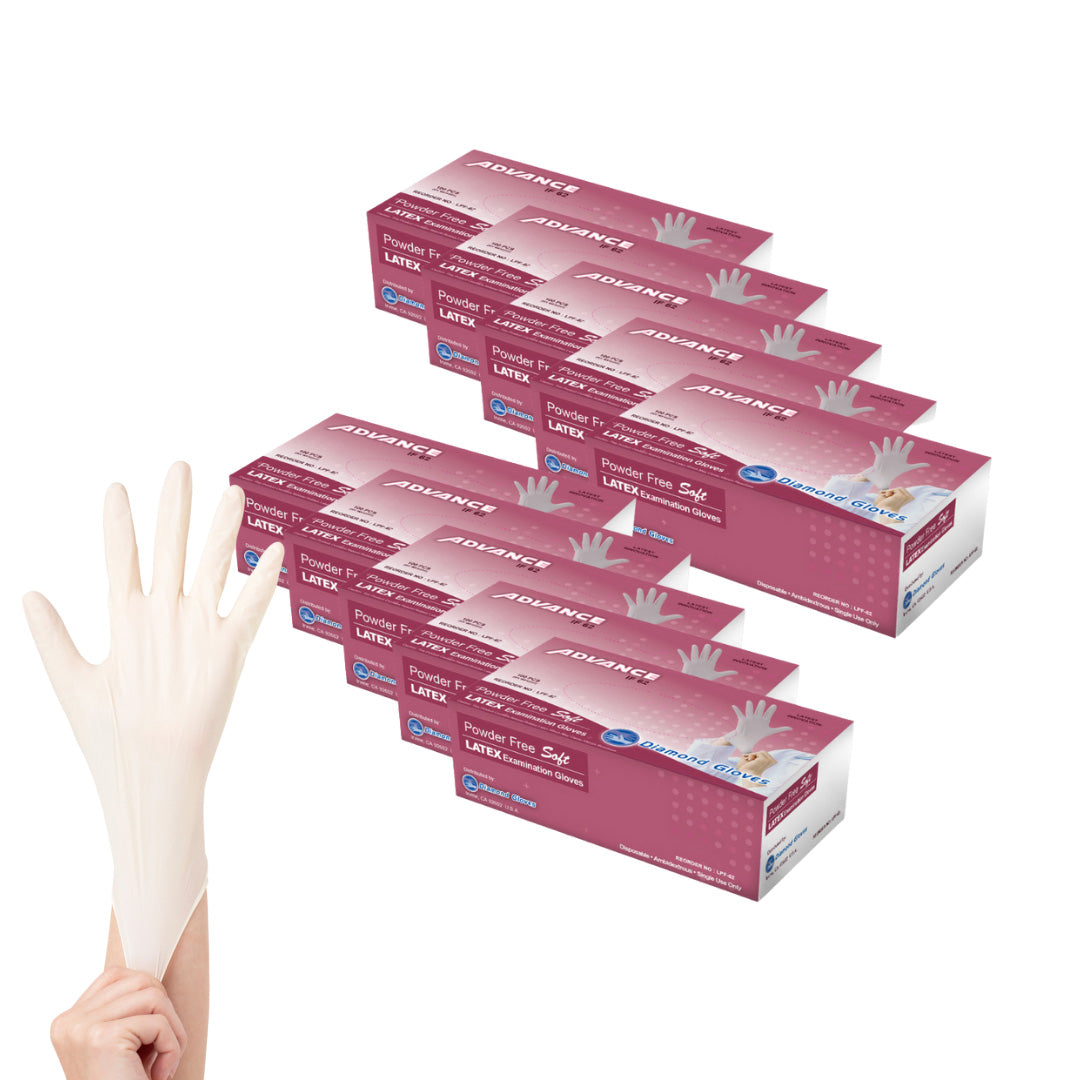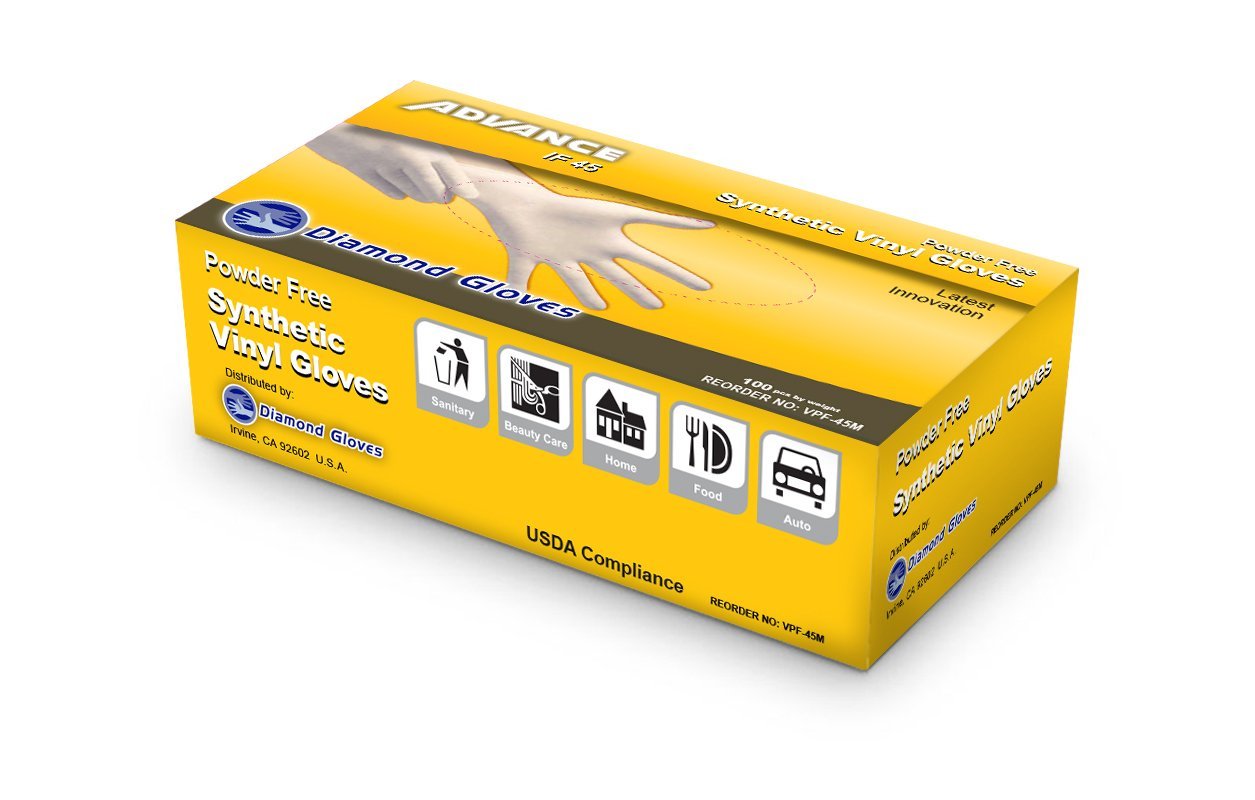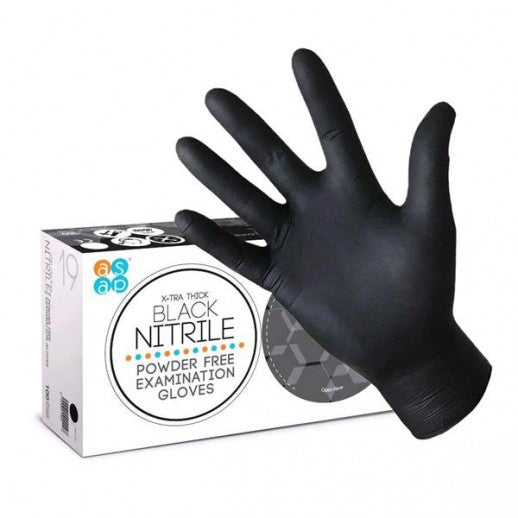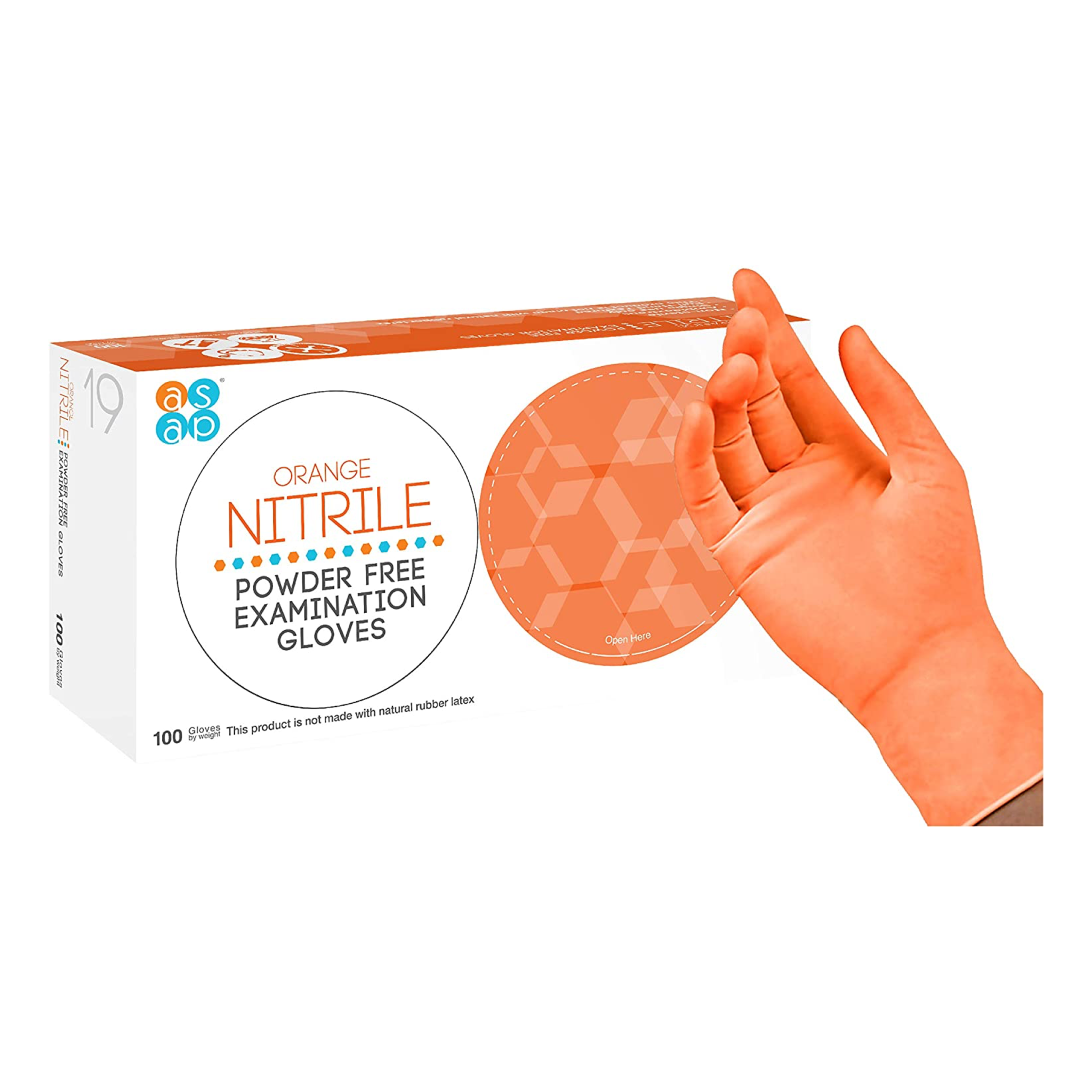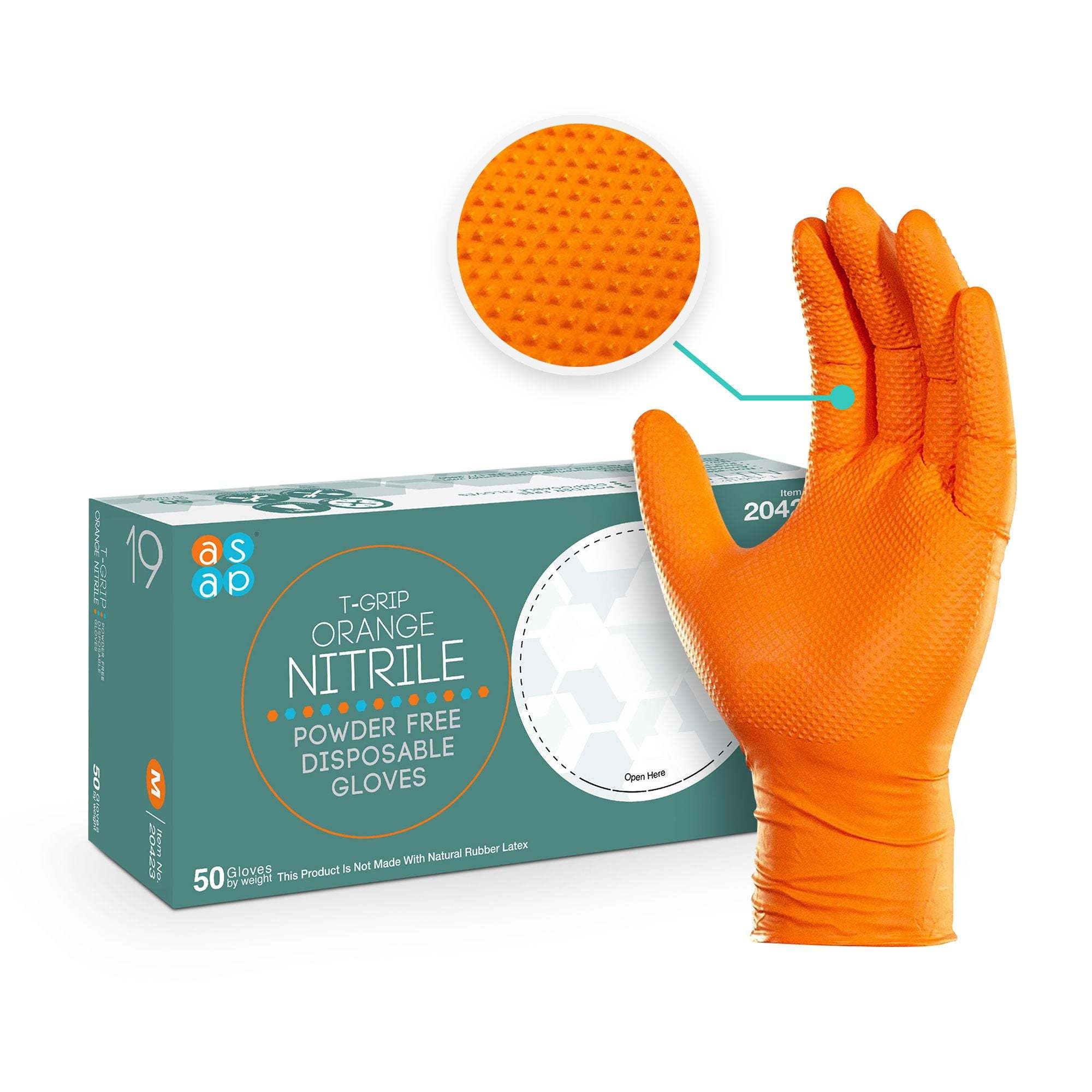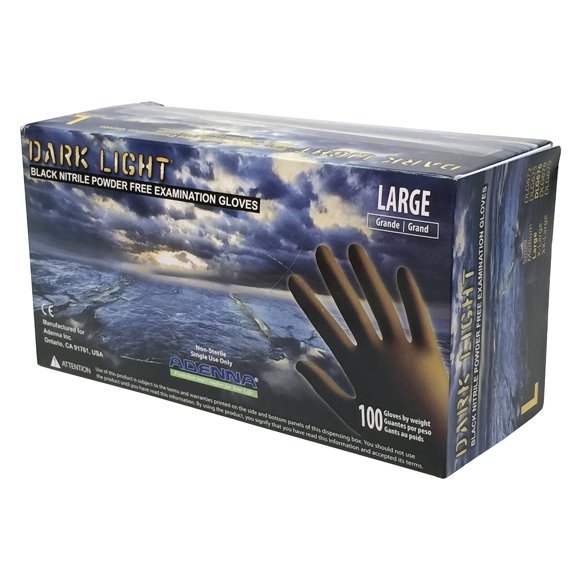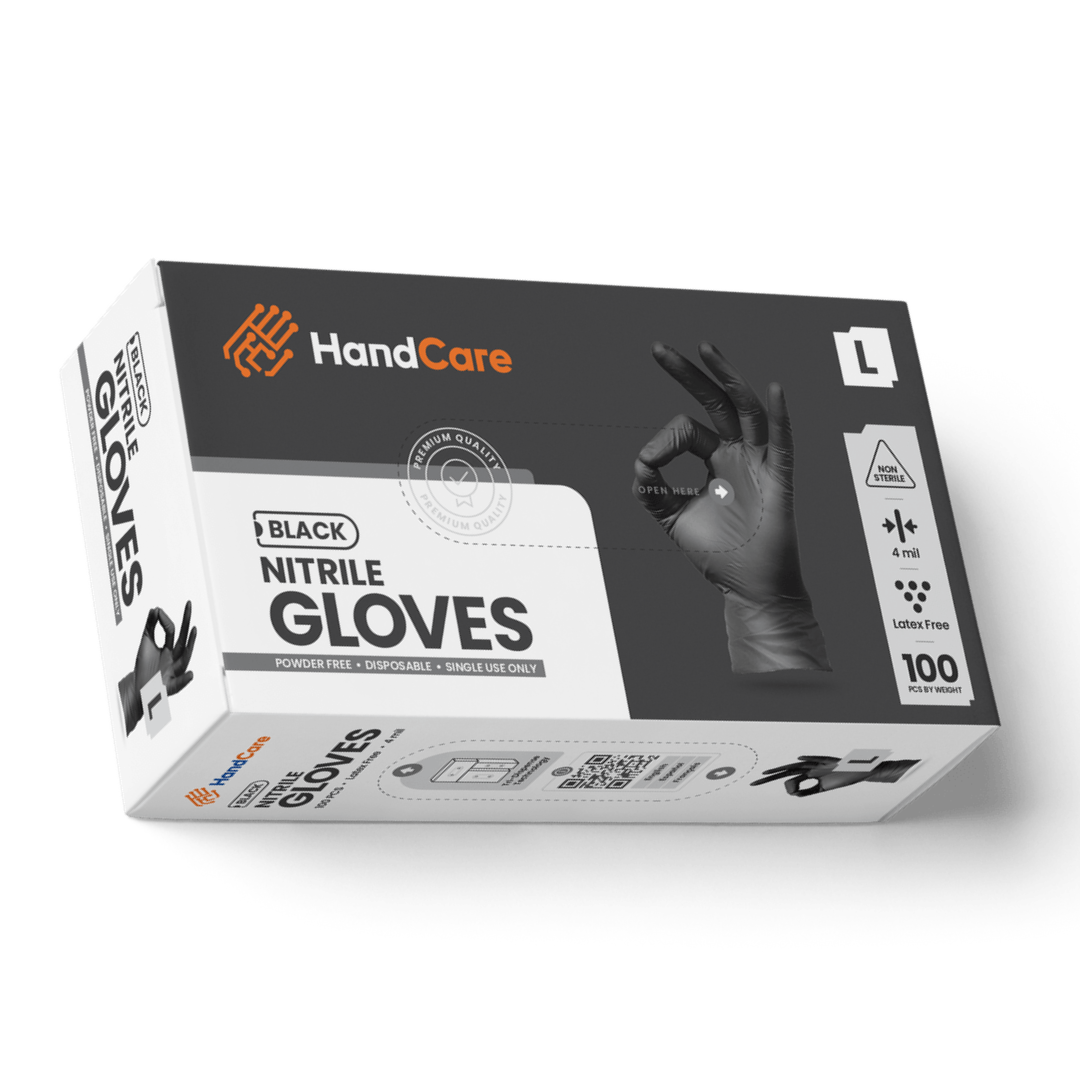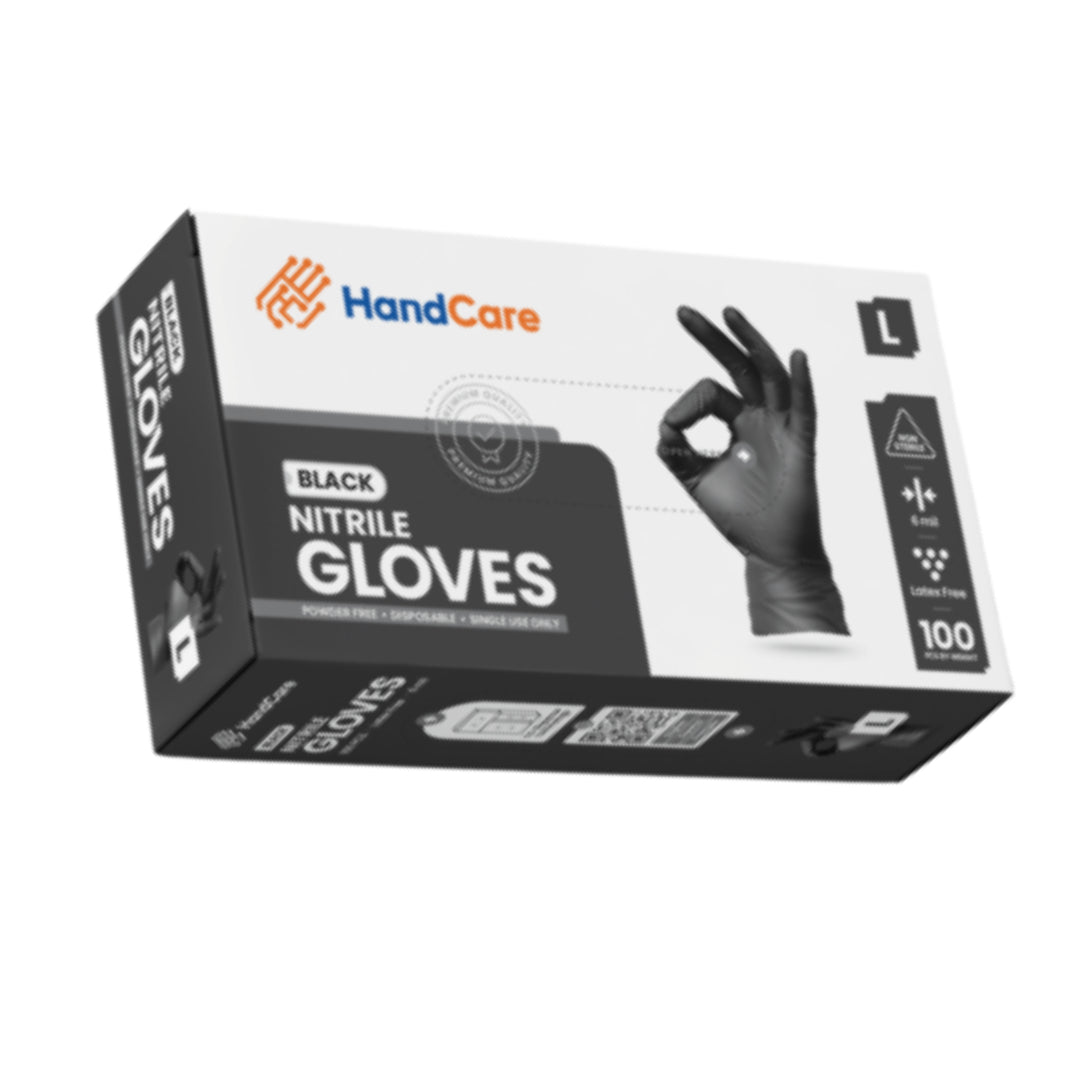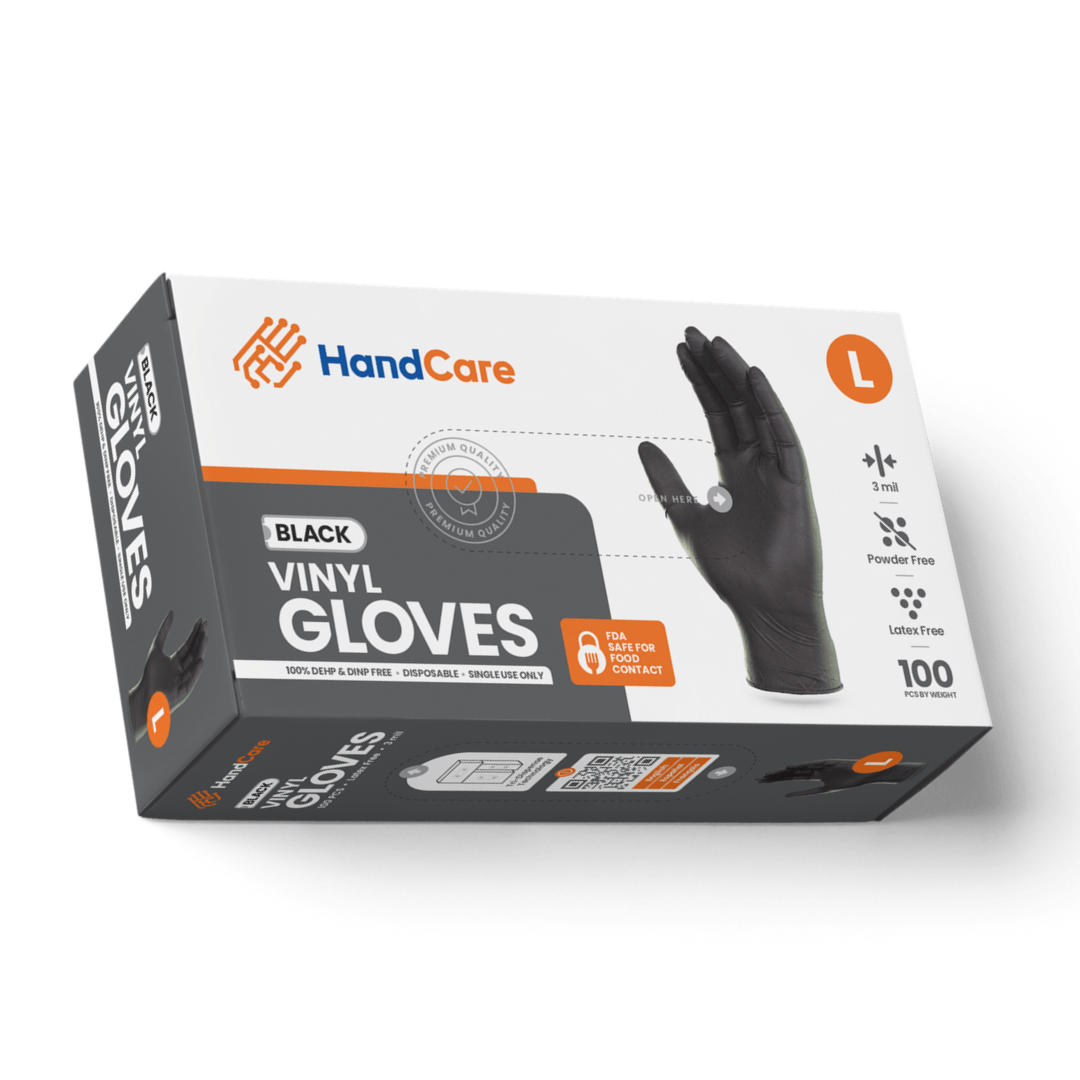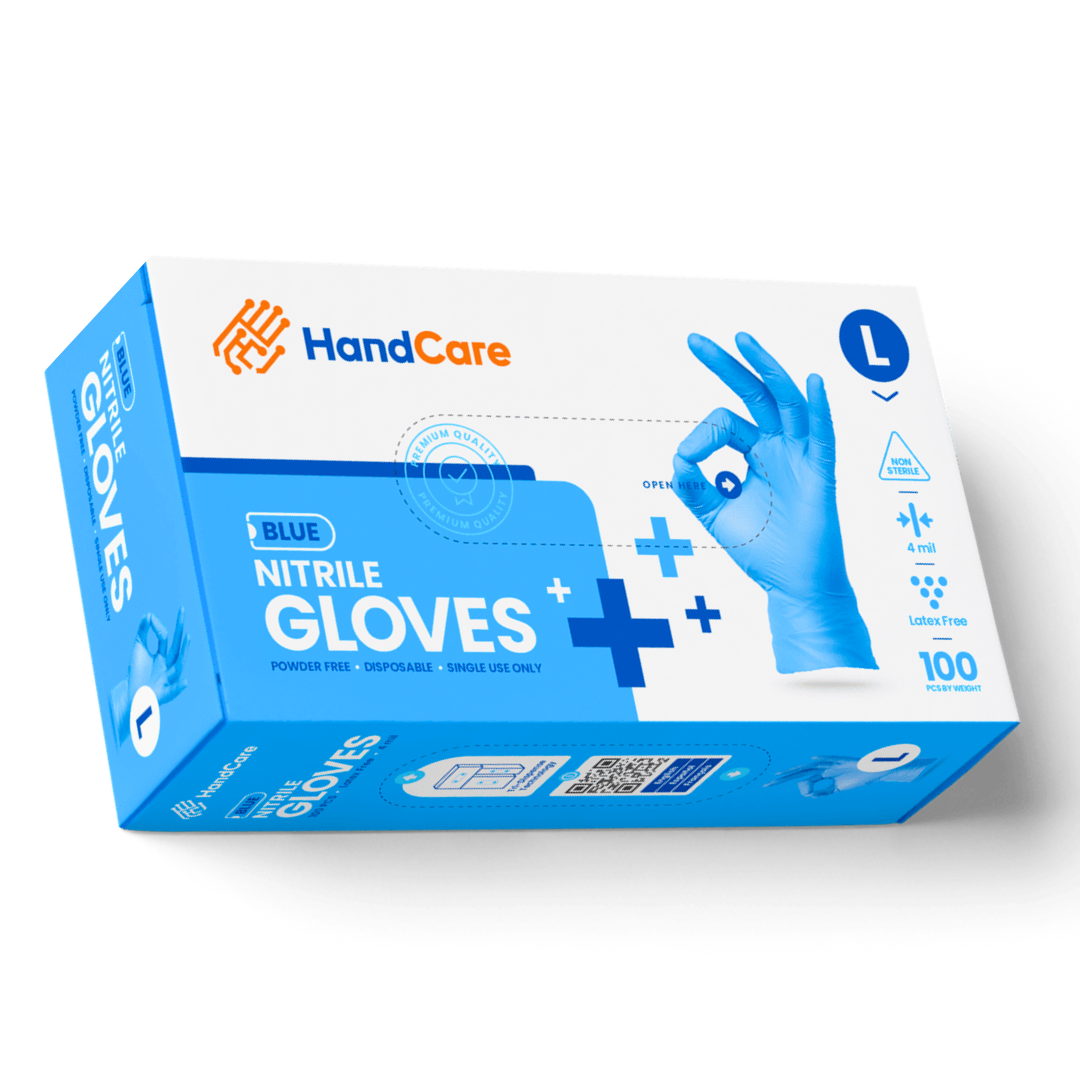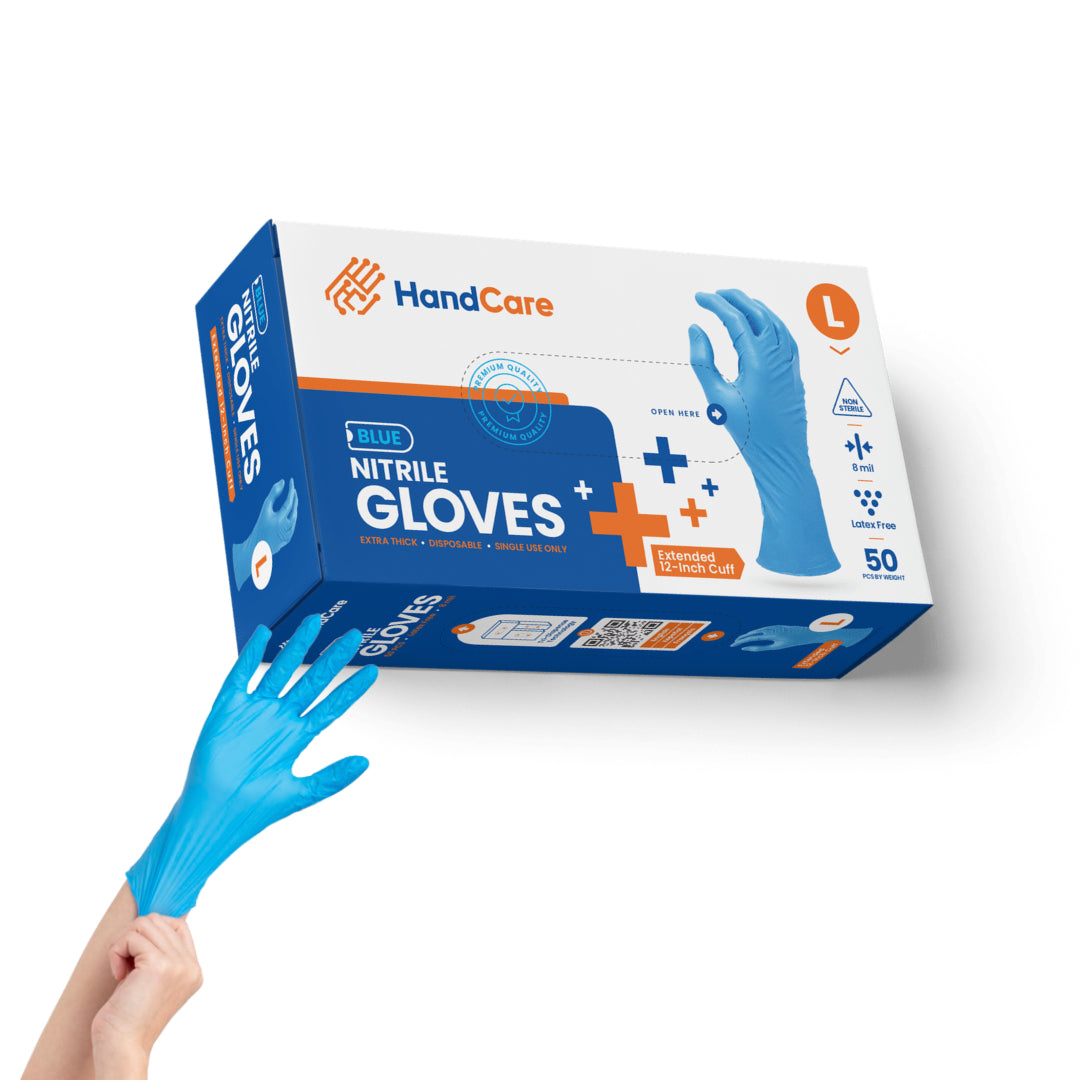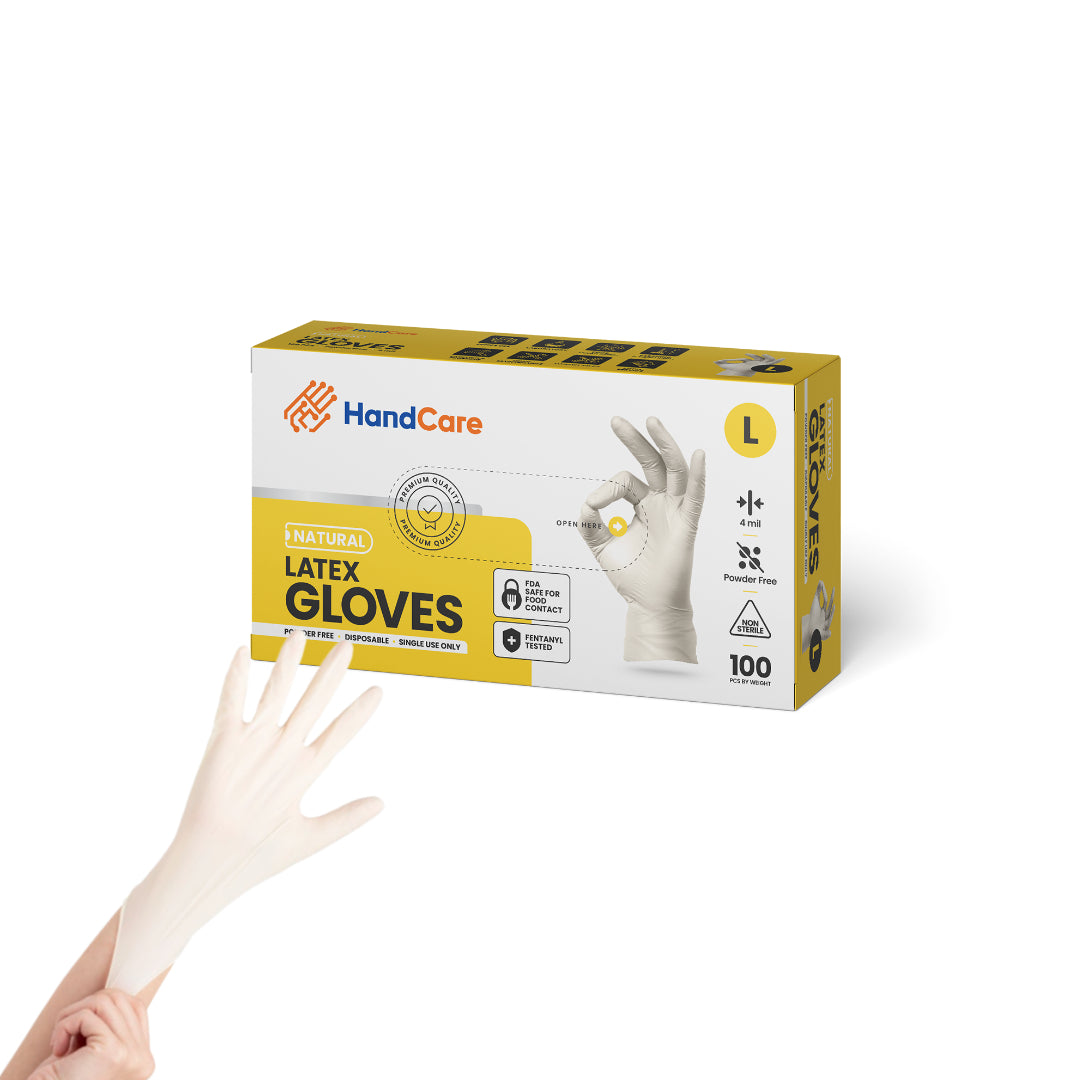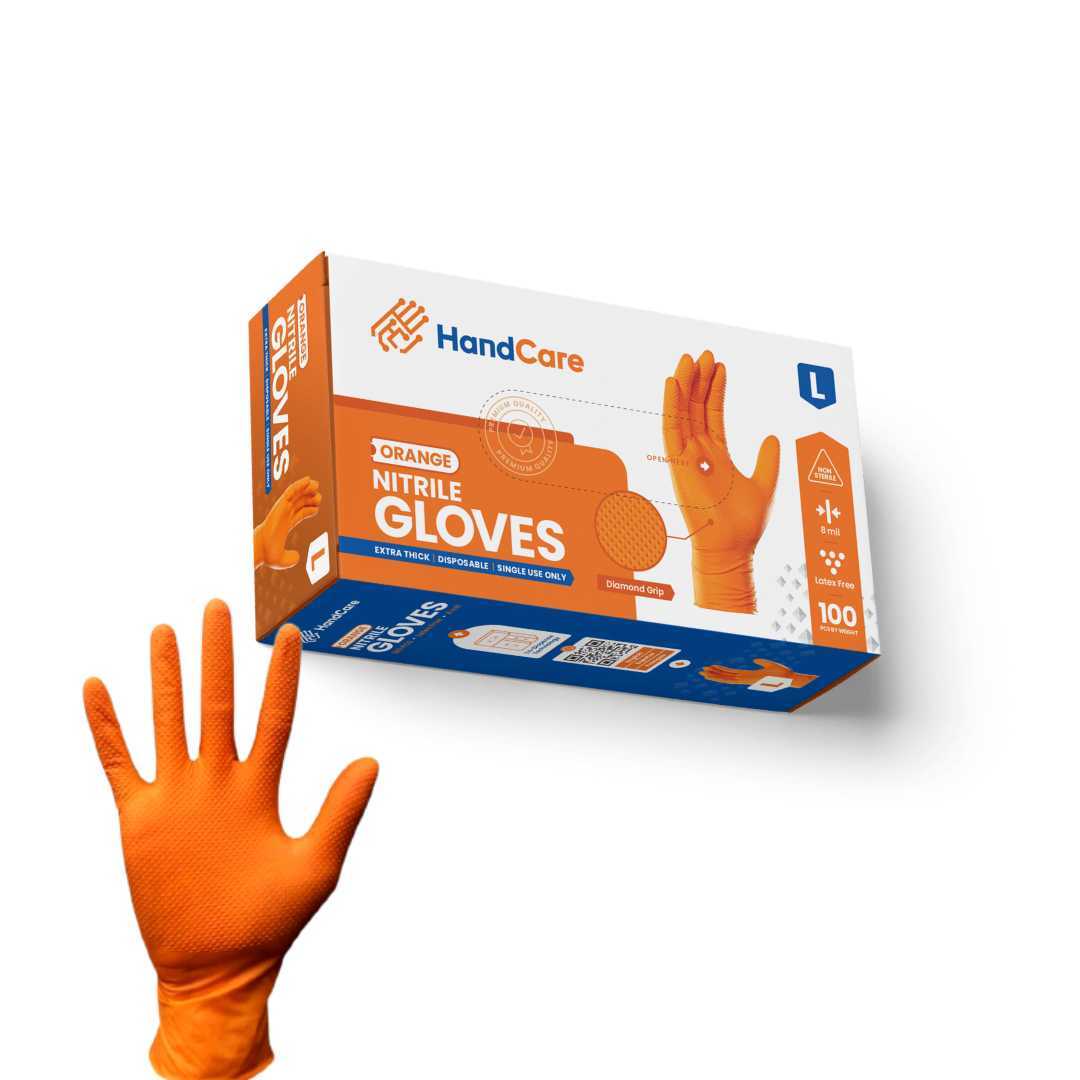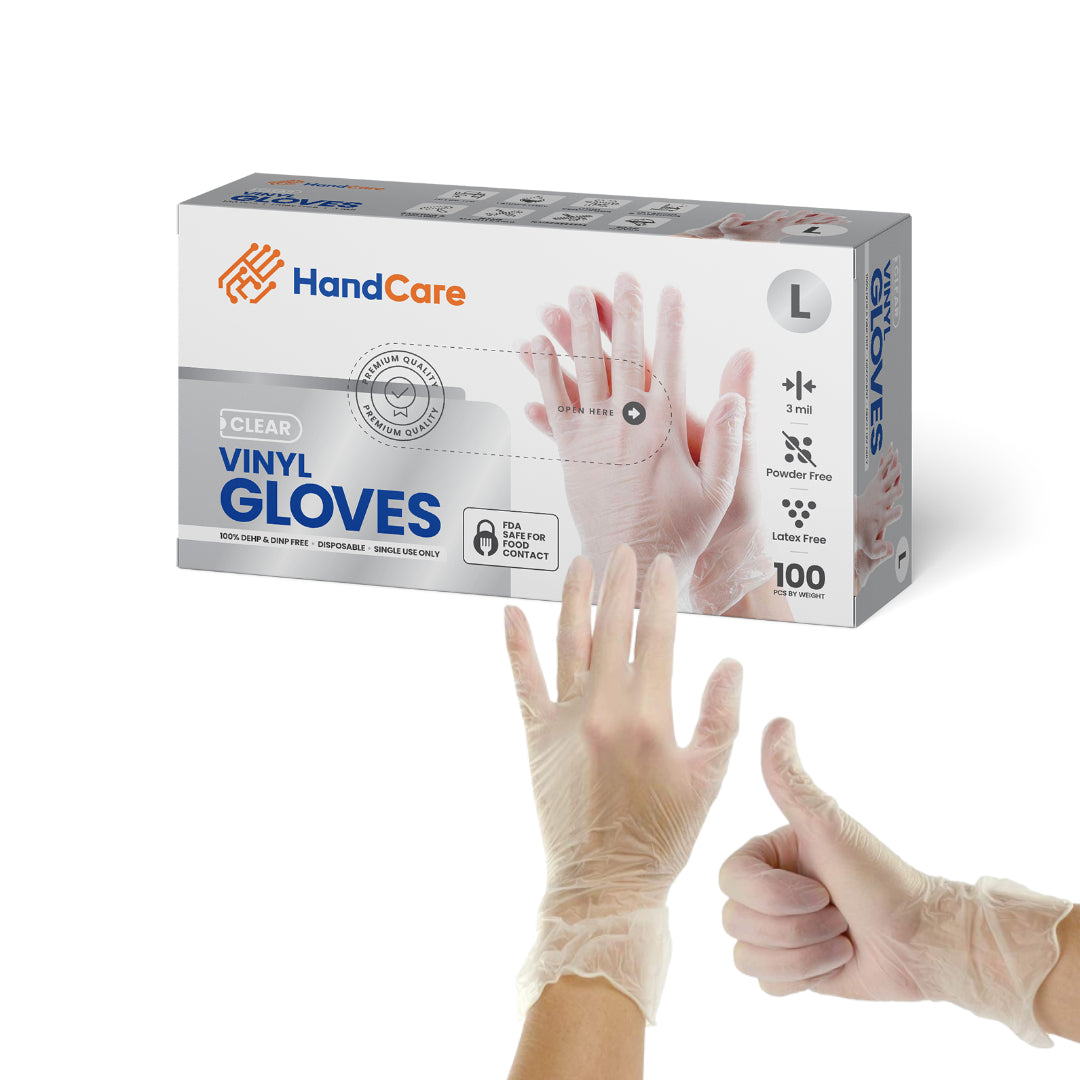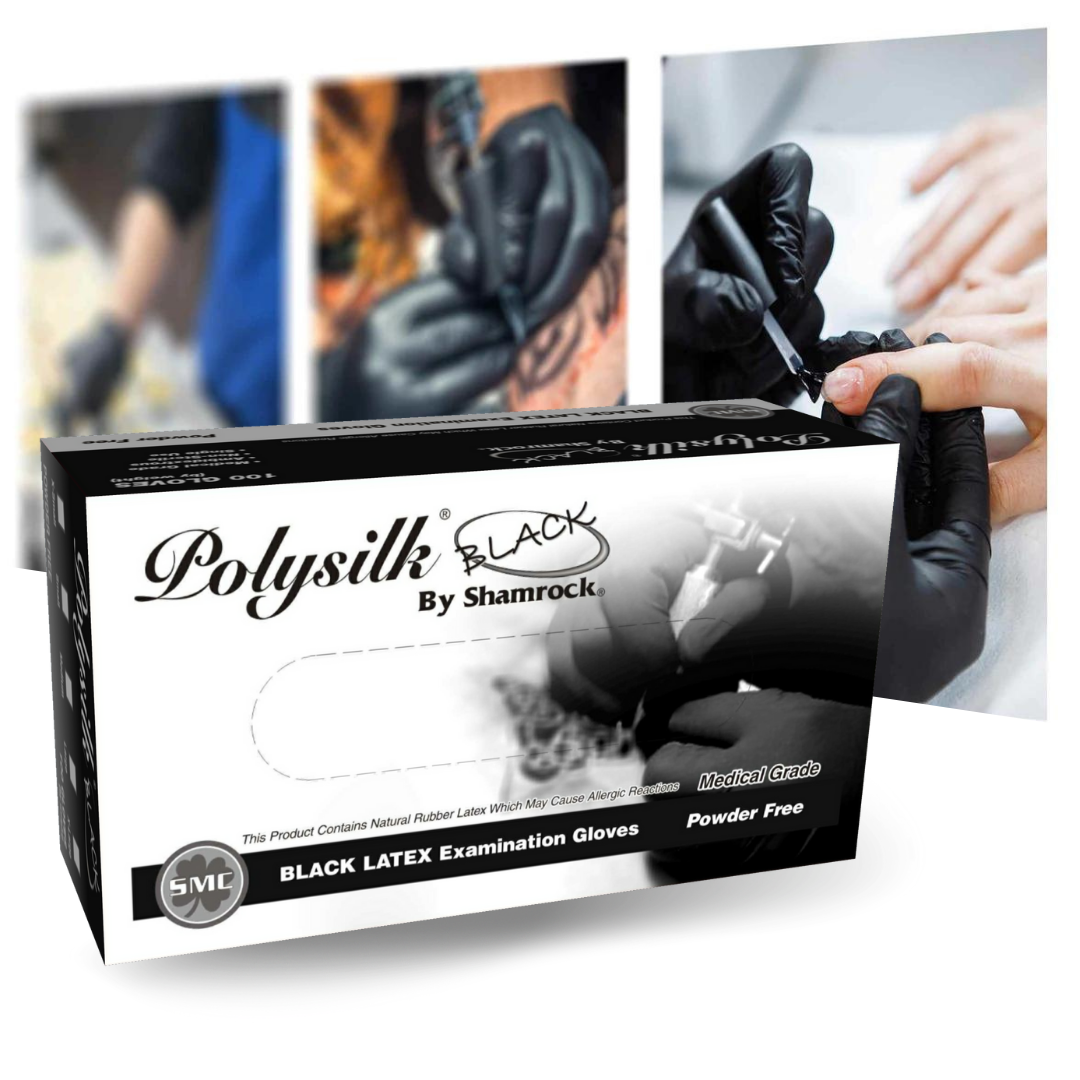Powder-Free Gloves
Powder-Free Gloves Best Options
After trying many different type of gloves from amazon, finally found ones with good fit and quality. Would recommend!
Good size, not too tight, not too loose. Strong material, don’t rip like others I’ve used. Recommend
These gloves are thicker and well made. They fit snug, which I like. Met my expectations and would recommend.
Disposable gloves without cornstarch powder are less likely to spread allergens, trigger skin irritation, or cause wound infections.
Powder-free disposable gloves help you ensure a safe working environment free of contamination. We offer chlorinated or polymer-coated powderless gloves to make donning and removal hassle-free, with multiple thickness options so you can find the right level of protection for any job.
Choose from orange, green, purple, black, and blue gloves, available in sizes from extra-small to extra-extra-large.
What are powder-free gloves?
Powder-free gloves are gloves that do not contain a powder coating on the inside. They are designed to reduce the risk of contamination or allergic reactions that can be associated with powdered gloves. These gloves are commonly used in medical, food handling, and industrial settings.
What are non powdered gloves?
Non-powdered gloves are another term for powder-free gloves. These gloves do not have the added powder (often cornstarch) that is typically used to make gloves easier to wear and remove. Non-powdered gloves are often preferred in environments where cleanliness and safety are top priorities.
What is the difference between powdered and non powdered gloves?
The key difference between powdered and non-powdered gloves is the presence of powder. Powdered gloves contain cornstarch to help with easy application and removal, while non-powdered gloves are free of this powder, making them cleaner and less likely to cause irritation or contamination.
Why do people want powder-free gloves?
People prefer powder-free gloves because they reduce the risk of allergic reactions, contamination, and respiratory issues caused by the powder. They are ideal for sensitive environments like medical or food preparation settings where cleanliness and safety are crucial.
Why are powder-free gloves typically used?
Powder-free gloves are typically used in industries such as healthcare, food handling, and laboratory work because they minimize contamination risks and allergic reactions. They are safer for individuals with sensitivities to the powder and provide a cleaner option for sterile environments.
Why are powdered gloves cheaper?
Powdered gloves are usually cheaper because the manufacturing process is simpler and the powder (usually cornstarch) helps make the gloves easier to put on. This reduces the need for other treatments that are often required for powder-free gloves, making them less expensive to produce.
Are all nitrile gloves powder free?
Not all nitrile gloves are powder-free, but many are. Nitrile gloves are commonly available in both powdered and powder-free varieties. However, powder-free nitrile gloves are more popular due to their non-allergenic properties and the reduced risk of contamination.
Are latex gloves powder free?
Latex gloves are available in both powdered and powder-free options. Many users prefer powder-free latex gloves to avoid allergic reactions and to comply with regulations that prohibit the use of powdered gloves in certain environments, such as healthcare and food preparation.
Are powder free gloves better?
Powder-free gloves are generally considered better in environments where cleanliness and safety are important. They reduce the risk of contamination, allergic reactions, and respiratory issues associated with powdered gloves, making them more suitable for medical, food handling, and laboratory work.
Where to buy powder-free gloves:
You can buy high-quality powder-free gloves at gloves.com, which offers a wide variety of options. Right now, you can take advantage of their 50% off offer, making it an excellent choice for your glove needs.
Frequently Asked Questions
Keep up-to-date with our guides and find the best glove options for your industry
Guides to help you choose

Best Gloves For Pesticides

Is There A Natural Latex


